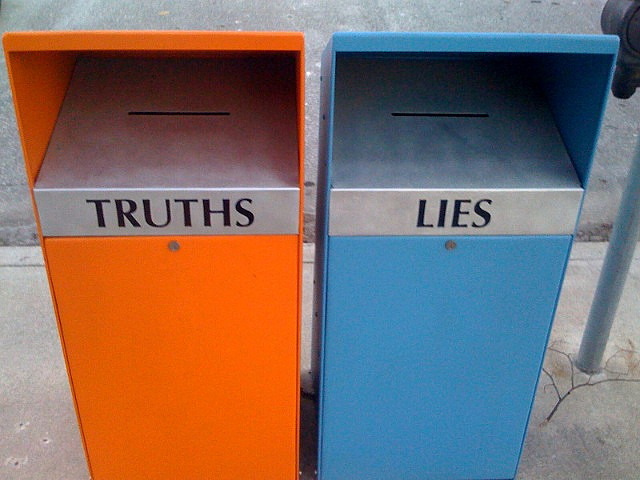Thanks to everyone who downloaded and read Effective interview techniques!
Just two days later, I’ve begun tackling the fifth guide in the series, Navigating ethics and bias. While compiling my notes, I’ve started to think this one might be the most important of all. These are the skills that keep you from becoming the target of an Internet witch hunt.
If fans are anything, they’re passionate. It’s what makes them an ideal audience, but also a formidable one. If you’re a member of the press who gets something wrong, or even just disagrees with them, you’ll face their wrath. Here are just a few of the scandals in fandom journalism where readers punished reporters for their mistakes:
-
Video game journalism’s Dorito-Gate 2012, in which several game journalists were found to have written promotions in exchange for compensation;
-
When Buzzfeed, Yahoo, and MSN, among others, defamed One Direction fans with false tweets about puppy murder;
-
When Joe the Peacock wrote an opinion column on those sneaky Fake Geek Girls (to his credit, he renounced this stance last year);
-
Just last week, when Complex published a list of top women in the tech industry by ranked by their physical features instead of their accomplishments.
Each time, the scandal occurred when a journalist published something that they shouldn’t have, either because they didn’t research or verify the facts carefully enough, or because they published something against their better judgement.
Avoiding corruption is one thing, but I think publishing untrue facts is an easy mistake to make since social networks distribute so much false news. More than once, I have published a flat-out fake news story because I was fooled by a hoax. It’s what led to me calling Walmart HQ about a brony t-shirt, worried it was just a fan’s Photoshop. A darker example: it’s what led to me making sure a girl on Tumblr really did get punched in the face, and wasn’t just looking for attention. She wasn’t lying, but I’m dumbfounded by the things I’ve found people lying about online.
Overall, the Internet has made me really cynical when it comes to the news. If I see something cool on Tumblr or Reddit, I have to Google it to make sure it isn’t a hoax. The problem is the fakers are getting smarter all the time. And when you fall for it, you get crushed. My most shameful journalism moment to this day is the time I published a story that turned out to be so fake that Wikipedia editors chatted about whether they should even count the publication I wrote for as a legitimate news source.
Of course, the real losers aren’t shamefaced journalists. They’re the fans who turn to news sites expecting real news. Can you think of a scandal in journalism, niche or mainstream, that really shook your confidence in the reporter or news source?
(Photo by Jason Borneman on Flickr.)

